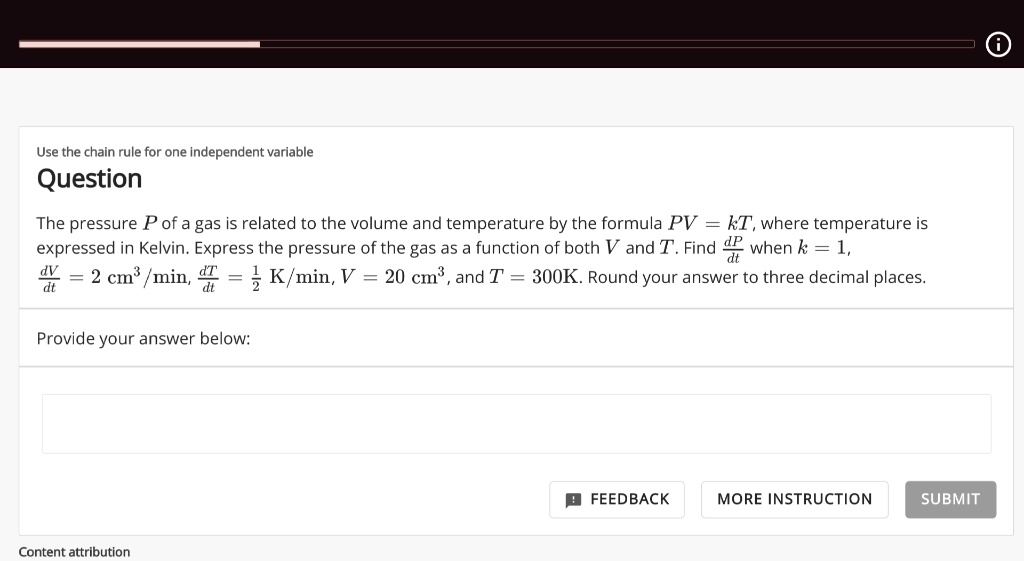

As a result, the RMD obligation merely requires that the account owner take money out systematically over his/her life expectancy (or actually, the joint life expectancy of the retiree and his/her designated beneficiary).


However, the purpose of the RMD rules is simply to ensure that retirement accounts taxation is not deferred any longer than what a reasonable retiree would prudently have withdrawn anyway. But the funds must be distributed out of the retirement account, triggering income tax consequences, to ensure that Uncle Sam can get his share. Not that retirees are required to actually spend the money. To limit the otherwise-generous benefits of tax deferral for traditional retirement accounts, the Internal Revenue Code requires retirement account owners to begin taking money out of their accounts upon reaching age 70 ½.


 0 kommentar(er)
0 kommentar(er)
